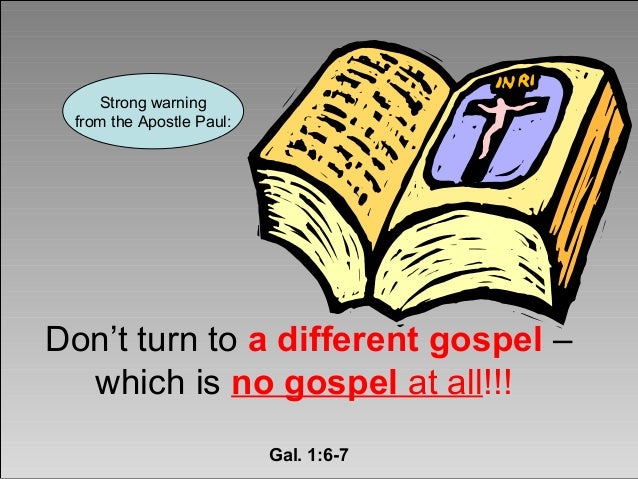Romantic 6 minute video: The Wedding of Michael and Hershey Lanier.
Here's the context about the snippet of my wedding address at the beginning of the above video, especially for those who were not present.
Right before the wedding began, Mary Ann, a Filipino pastor's wife, told me that Filipino weddings are full of chaos as this wedding was. So when I gave the wedding address I extemporaneously expressed that chaos, usually associated with confusion, is in this case associated with peace, joy and the kingdom of God because it is the blessed wedding of Michael and Hershey!
"Imagine a man so focused on God that the only reason he looked up to see you is because he heard God say 'that's her.'" Unknown.














